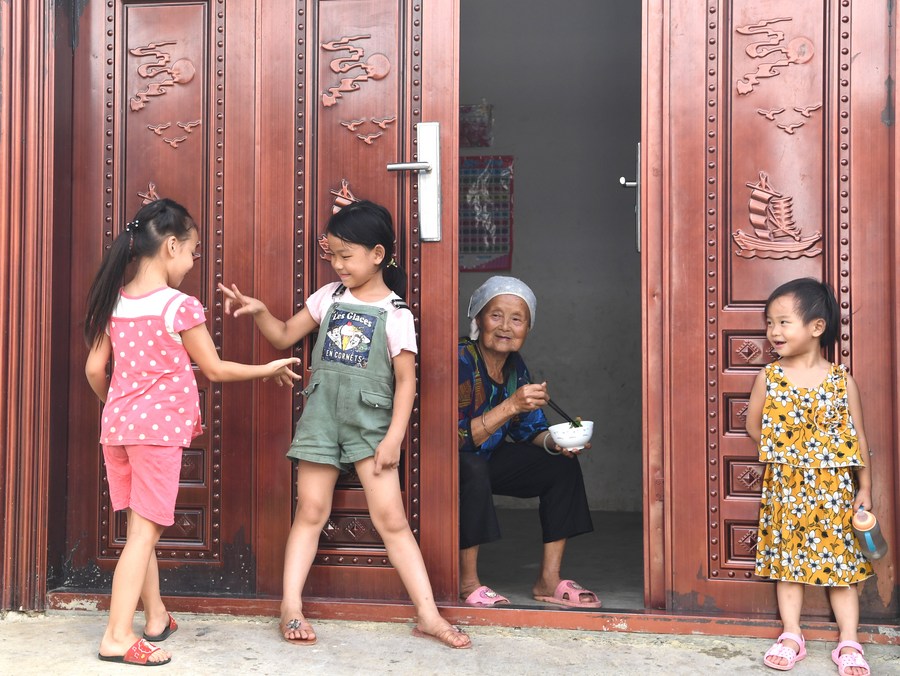Steps to make life easier mirror challenges of building a well-off China
 0 Comment(s)
0 Comment(s) Print
Print E-mail Xinhua, September 9, 2020
E-mail Xinhua, September 9, 2020

"Xiaokang" has become a buzzword in China as the country is in the homestretch toward completing the building of a moderately prosperous society in all respects.
But the aspirations Chinese people have for reaching a "Xiaokang" (well-off) society vary from individual to individual. Even their requirements for better living facilities can vary greatly, revealing the country's diverse economic landscape as well as its tough task of realizing common prosperity.
"Achieving a Xiaokang society is definitely not egalitarian," said Xin Ming, a professor at the Party School of the Communist Party of China Central Committee.
"Living a Xiaokang life does not mean bringing the living standards of all Chinese to the same level at the same time," he said.
Bathroom matters
Despite drastic changes over the past years of economic growth, China's rural regions still lag behind cities in terms of income level, living environment and public services.
Hundreds of thousands of rural residents have benefited from the "toilet revolution" launched nationwide, aiming to increase the number and improve the sanitation of toilets.
Han Jinhua, an 88-year-old grandmother in a village of north China's Inner Mongolia Autonomous Region, was overjoyed with her newly renovated bathroom with heating, hot water and a flush toilet.
The pit latrine previously located in the corner of Han's courtyard had once been a real headache for her. "I was always afraid of slipping and falling down especially on windy or rainy days, but now I have no such worries," she said.
In many Chinese counties, there are slogans on the walls reading, "Small toilet, big revolution; Practice hygiene and you won't get sick!"
In 2019, the country invested 7 billion yuan (about 1.02 billion U.S. dollars) in the rural "toilet revolution," aiming for 85 percent of rural households to have access to sanitary bathrooms by 2020.
For a developing country like China with 40.42 percent of the population living in rural areas in 2018, its leaders have more than once emphasized that the measurement for moderate prosperity lies in rural areas, and a well-off society won't come if rural people, especially those in poor areas, cannot live a well-off life.





